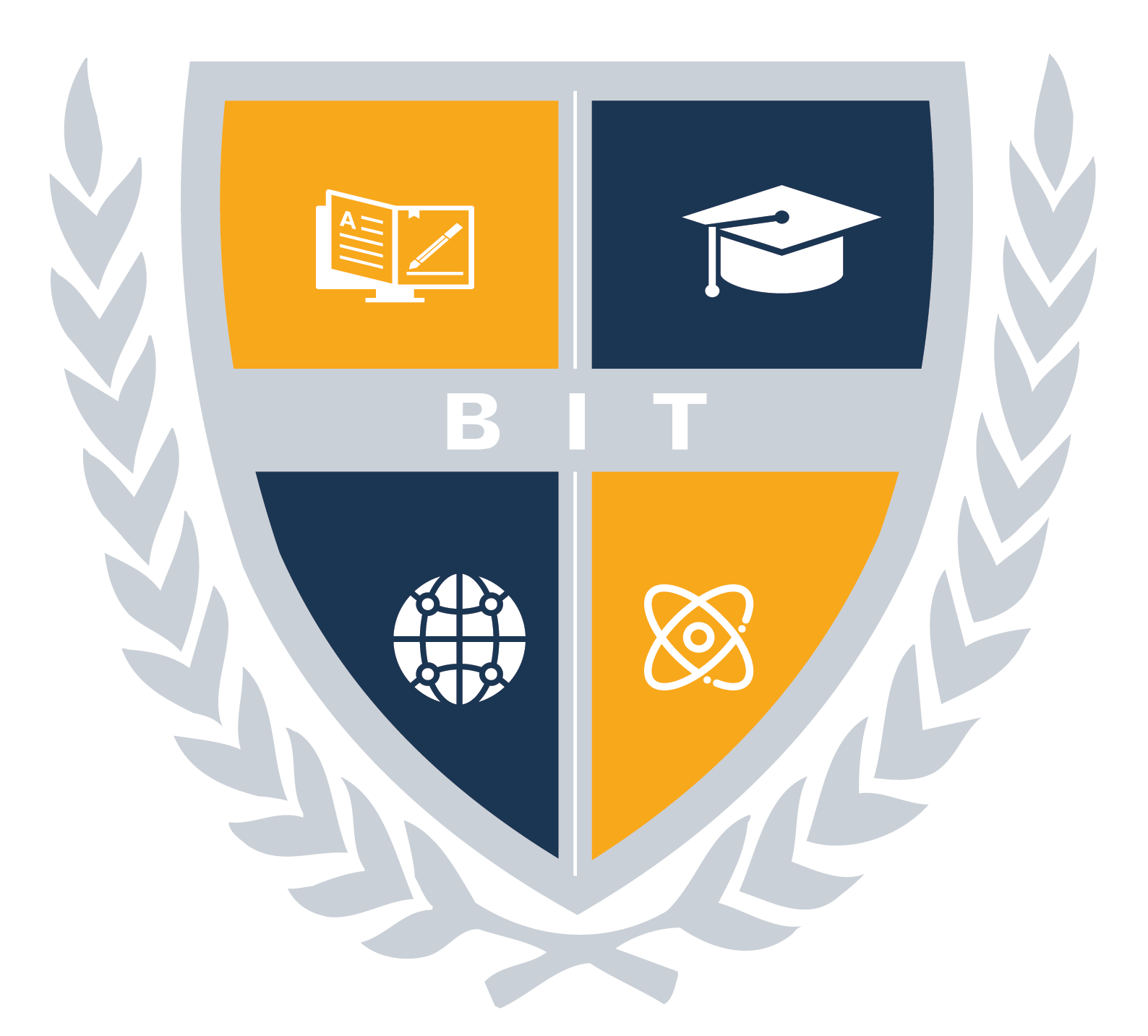
Course Code: DCSC
Level: Diploma
Duration: 2 Years
OVERVIEW
About the Programme
In this digital age of globalization and modernization, Computing and Information Technology is at the forefront of technological advancement to in every sector and field to support economic and social development of nations, thus the necessity for today’s workforce to be computer literate cannot be over-emphasized. Today, Computing and information technology directly dictates the way man thinks, plans, communicates, works, and spends leisure time. Given the recent acceleration in industrial development and other institutions in Uganda, there is a corresponding need for computer literate personnel to man them. It is therefore necessary that our educational system produces computer literate graduates.
The course is intended to address the human resource gap in computing by producing graduates who can confront computing challenges faced by society,
The Diploma in Computer Science (DCSC) is intended for;
(i) Students who acquire a strong foundation and define a career in the Computing and Information Technology sector,
(ii) Working professionals in other sectors of the economy who desire to acquire skills in computing, and
(iii) Students who may not wish to continue to a degree programme.
The goal is to produce graduates with knowledge and skills in the different areas of computing so that they able to solve and address societal computing/ICT related problems.
The course includes special and focal areas that impart both theoretical knowledge and practical skills to the student. These areas include: Subject-specific Knowledge and Understanding, Cognitive skills, Intellectual Skills, Application of Knowledge and Understanding; Communication skills, ICT skills, Numeric skills, Analytical Technique, Practical Skills and the General Transferable Skills.
ENTRY REQUIREMENTS
Admission Requirements
To gain admission into the Diploma in Computer Science (DCSC) course, a candidate must, first of all, satisfy the general requirements for admission to BIT at a diploma level. In addition a candidate shall be eligible for admissions to the DCSC programme on meeting any of the following minimum qualifications:-
Direct Entry
A person may be admitted to the diploma programme (entry into year one) via the diploma scheme if the person has:
- At least one principal pass, two subsidiaries at advanced level in: Mathematics and either with Physics or Economics and the third best done of Chemistry, Biology, Geography, Entrepreneurship, or Technical Drawing, and a (subsidiary) pass in General paper, Mathematics or Computer Studies (ICT) and any relevant subject, and five passes at ordinary level in one sitting.
For the purpose of computing entry points, the advanced level subjects shall carry the following weights:
| Subject Category | Weight |
| Essential | 3 |
| Relevant | 2 |
| Desirable | 1 |
| Others | 0.5 |
Essential: Mathematics and either with Physics or Economics,
Relevant: The third best done of Chemistry, Biology, Geography,
Entrepreneurship, Technical Drawing
Desirable: Computer Studies, General Paper, Subsidiary Mathematics
Others: Any other science subject done
Certificate Entry Scheme
A person may be admitted to the diploma programme if the person has:
- A Certificate in Computer Science of at least Class II – Credit Division or
- A Certificate in an area related to Computing from a recognized institution, and at least five (5) passes at O-level obtained at the same sitting of the Uganda Certificate of Education (UCE).
Crediting the Certificate qualification, for those entering on the Diploma programme via the certificate entry scheme, will be done as follows to obtain the Cumulative Grade Point Average (CGPA) for the year:
| Class | CGPA range |
| Class I- Distinction | 4.40 – 5.00 |
| Class II – Credit | 2.80 – 4.39 |
| Class III – Pass | 2.00 – 2.79 |
Unclassified certificates will be evaluated from the transcripts.
Mature Age Entry Scheme
A person may be admitted to the diploma programme via the mature entry scheme if the person has:
- Passed the mature age entry examinations appropriately administered by a National Council for Higher Education (NCHE) accredited institution.
PROGRAMME STRUCTURE
Year One Semester One
- DCS111 Introduction to Computing & IT
- DCS112 Computational Mathematics I
- DSAI111 Introduction to Data Science & Artificial Intelligence
- DCS114 Computer Architecture
- DJM115 Communication Skills
Year One Semester Two
- DCS121 Operating Systems
- DCS122 Computational Mathematics II
- DSAI123 Database Management Systems
- DCS124 Introduction to Programming and Programming Methodology
- DSE125 Systems Analysis and Design
Year Two Semester One
- DSE211 Programming II
- DCHN213 Computer Networking Design and Implementation
- DCS213 Information Systems
- DSAI214 Cloud Computing and Internet of Things (IoT)
- DBA214 Research Methodology
- DSAI215 Robotics and Intelligent Systems
Year Two Semester Two
- DSAI223 Big Data & Machine Learning
- DCHN225 Computer & Network Security
- DCS223 Embedded Systems
- DCS221 Ethical, Legal, and Social Issues in Technology
- DCS225 Final Year Project/Thesis
Industrial training
- DCS226 Industrial Attachment (8 weeks)
CAREER PROSPECTS
The career opportunities available to students with a Diploma in Computer Science vary greatly. Some of the more popular options include: software developer, computer hardware engineer, database administrator, systems analyst, and computer network architect.
COURSE FEES (PER ACADEMIC YEAR)
Semester I
| Fees | For Nationals | For International Students |
| Tuition (Per Semester) | 600,000/= | $350 |
| Functional Fees (Payable once a year) | 470,000/= | $175 |
| Total | 1,070,000/= | $525 |
Semester II
| Fees | For Nationals | For International Students |
| Tuition (Per Semester) | 600,000/= | $350 |
| Functional Fees | N/A | N/A |
| Total | 600,000/= | $350 |
